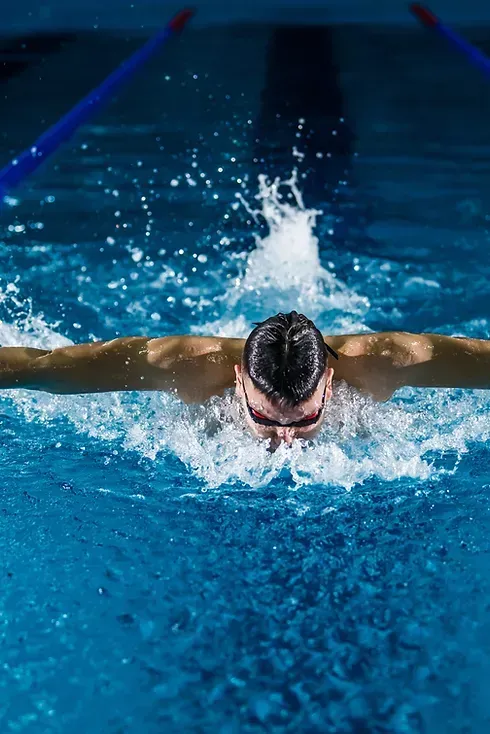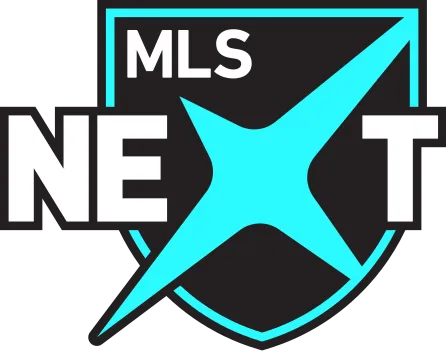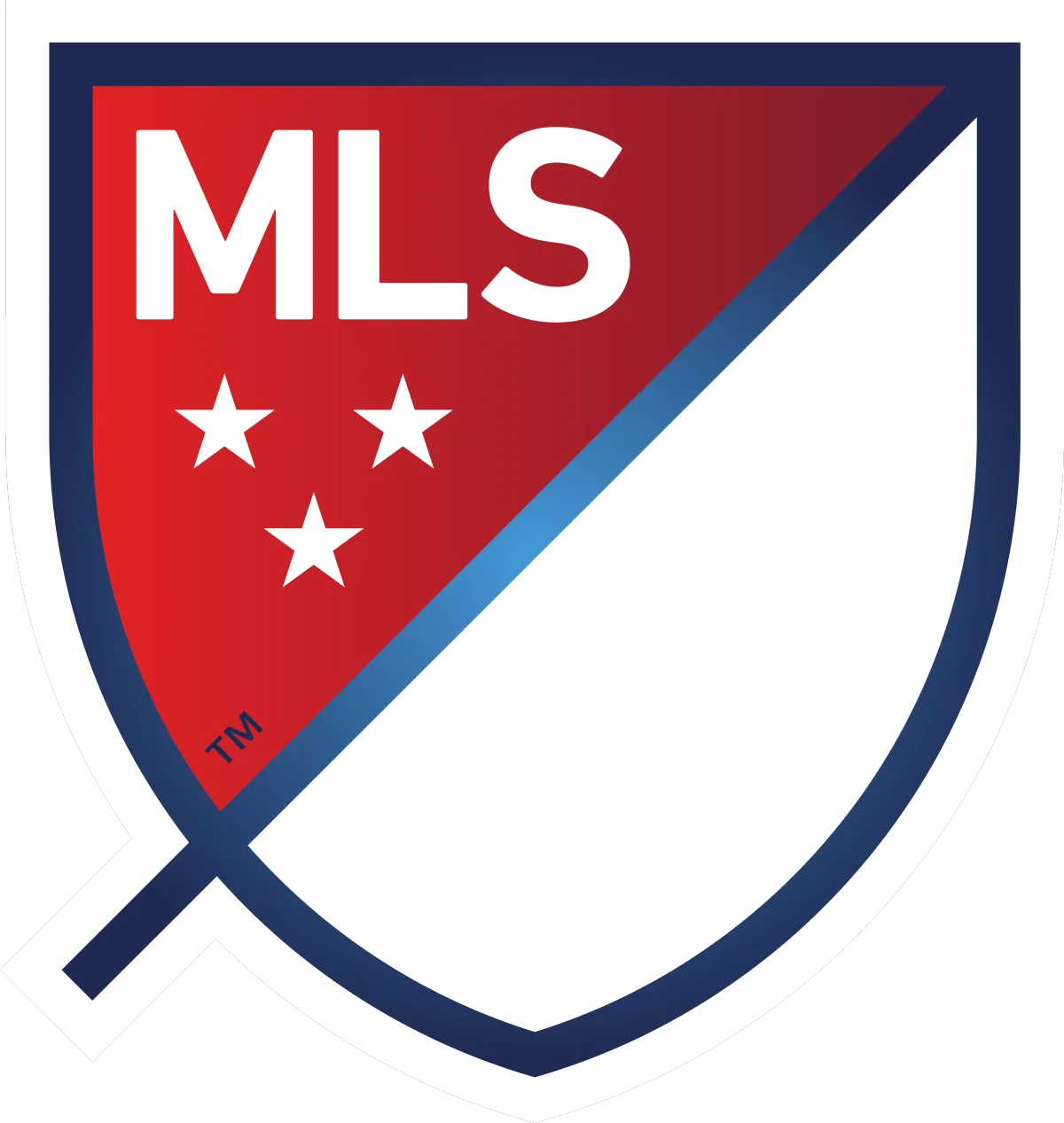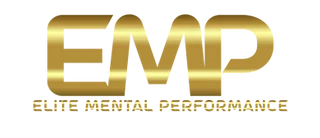Blogs
Read more on all of the mental performance and sport psychology tips to get out of your head and into the game.

Stolen Mindset: Why Your Mental Game Was Never Truly Yours
Stolen Mindset: Why Your Mental Game Was Never Truly Yours
About the author:
Alex Bolowich is a Certified Mental Performance Consultant and founder of Elite Mental Performance, a private practice in Charlotte, North Carolina. He specializes in working with athletes to help them perform in the most intense situations, recover from significant injuries, and mentor them through life's challenges. If you are interested in any of his signature programs, use the link here! Enjoy the article below!
Your Mental Game Isn’t Yours: How the World Trained Your Mind Without You Knowing
Why is it that some athletes seem like they're so "mentally tough?" Why is it that some athletes struggle to perform under pressure, or some of them have a harder time letting go of mistakes? Did they make that happen? Or was that something they inherited and got lucky?
In this blog, we are going to uncover the true reason why your mental game is what it is. How your mental strengths and weaknesses came to be, and what you can do about that to take ownership of your mental game.

Where your mental game came from:
Every thought in your head was put there by someone else.
That flinch before a big moment? That hesitation before taking the game-winning shot? You didn't create those responses.Your thoughts aren't your own. Your beliefs, your fears, your mental limits - you didn't choose any of them.
Think about that for a moment.
Every mental pattern you're running right now - every doubt, every excuse, every limiting belief - was installed in you by your environment. It's not your fault. But from this moment forward, it is your responsibility.
Think about it. Where did these patterns come from?
That teammate who blames the refs after every loss? They taught you to look for external reasons when things go wrong.
That coach who only praised perfection? They programmed you to fear mistakes instead of learning from them.
Those well-meaning parents who told you to "be realistic"? They installed a ceiling on your potential that was never yours to begin with.
It's not their fault either. We're all products of our environments, passing down the same mental programs we received. But high performance demands more than inherited limitations.
Here's the truth most people won't tell you: Your current mental game is just borrowed software. Some of it works. Most of it doesn't. And until you take responsibility for upgrading it, you'll keep playing at a level that's beneath your potential.
The environment that shaped you got you here. But it won't get you where you want to go. Need more evidence? Perhaps this TEDx video from performance coach Paul Gleeson can help explain it:
What to do about your mental game?
Starting today, you need to become the gatekeeper of your own mind. When you hear something that doesn't align with high performance, pause and ask yourself: "Is this serving my growth, or limiting it?"
This isn't about blame. Your environment did what environments do - it shaped you. But from this moment forward, you get to decide what shapes you next.
The process is straightforward but demanding:
Identify who are the people in your environment. Friends, family, coaches, teammates etc.
Identify where they may have unknowingly limited you, or even inserting belief in you.
Adjust your environment. Change what you can. Purge your social media, hang around people who root for you, not bring you down, and spend more time with positive influences.
Adjust your filter. You can't change your teammates, coaches, or parents. Create your filter to recognize limiting beliefs in your environment and tell yourself, "I don't agree to that."
Take Action. Deliberate mental skills training will help you condition your mind to where you want it to be. Finding the right mental performance coach can be your best addition to your environment.
Your mental game is like inheriting someone else's training program. You didn't write it, but now it's up to you to revise it. Every thought pattern, every reaction, every belief - they're either moving you toward greatness or holding you back.
This is where your journey to mental mastery begins. Not with blame, but with ownership. Not with shame about where you started, but with responsibility for where you're going.
Most athletes will read this and go right back to running their borrowed mental software. But you're not most athletes. Are you?
Because what happens next is on you.
If you're ready to start being deliberate about your mental training and take control while you can, consider setting up a consultation to see how you can train your mind.

Professional Basketball

NCAA Student-Athletes

Youth Professional Soccer

Professional Soccer

Professional Soccer

PGA Jr. Golf
© 2025 ELITE MENTAL PERFORMANCE LLC



